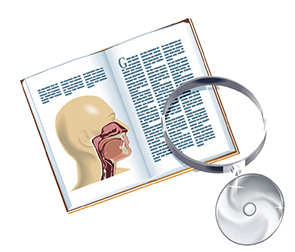Explore This Issue
January 2014
Background
Otologic surgery, performed for a variety of disorders such as chronic otitis media with or without tympanic membrane perforation, cholesteatoma, and otosclerosis can be classified as clean, clean-contaminated, or contaminated. Regardless of classification, these cases are generally associated with low rates of infection and high success rates. Peri-operative antibiotics have been advocated to minimize infectious complications such as wound infection, purulent otorrhea, labyrinthitis, and tympanic membrane graft failures; however, their routine use for otologic surgery remains controversial. In this Triological Society Best Practice review, we examined the evidence regarding the use of prophylactic antibiotics in otologic surgery.
Best Practice
The routine use of prophylactic antibiotics in clean otologic surgery is not supported by evidence as it does not reduce post-operative wound infection nor improve tympanic membrane graft success. The potential role of prophylactic antibiotics in contaminated otologic cases, which are at higher risk for post-operative infections, needs to be further studied with sufficient sample size and power. Read the full article in The Laryngoscope.
Leave a Reply